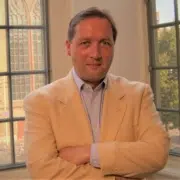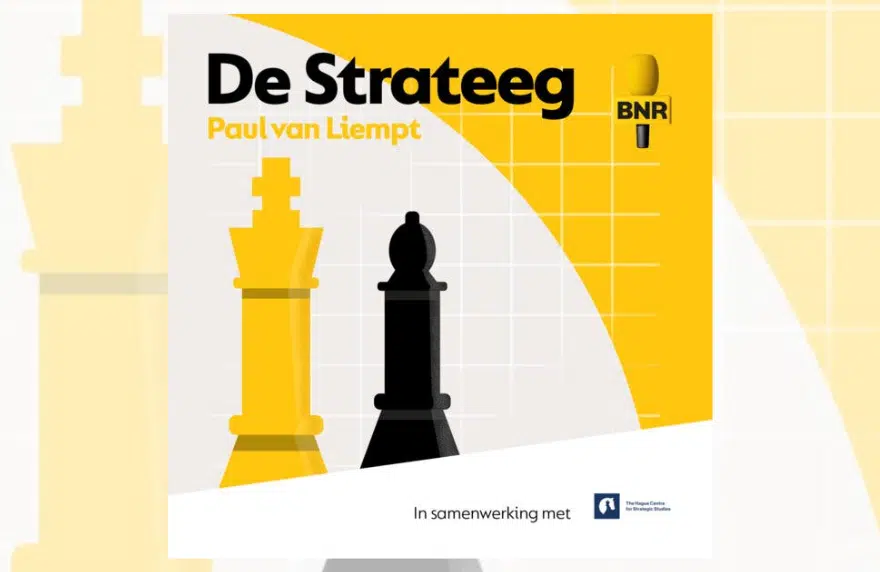In Sudan zijn er gewapende conflicten tussen het leger en de paramilitaire groep RSF. Maar wat is een paramilitaire organisatie? KIJK Magazine vroeg het aan HCSS strategisch analist Frederik Mertens.
“Een paramilitaire groep is een eenheid die georganiseerd is als een militaire organisatie, maar maakt geen deel uit van de officiële strijdkrachten van een land”, vertelt Mertens, strategisch analist bij The Hague Centre for Strategic Studies. Zulke groepen hebben vaak militaire training gehad, dragen een uniform en zijn gewapend.
Het kunnen een heleboel verschillende groepen zijn. Ze worden soms gecreëerd door de overheid om te helpen bij het handhaven van de wet en orde, bijvoorbeeld SWAT – speciale teams bij de politie in de Verenigde Staten die worden ingezet voor grote of moeilijke operaties. Maar groepen kunnen ook los van de overheid worden gevormd en hun eigen politieke doelen hebben. Bijvoorbeeld de IRA die wilde dat het hele Ierse eiland onafhankelijk van het Verenigd Koninkrijk zou worden. Tegelijkertijd hadden de unionisten in Noord-Ierland ook paramilitaire groepen, zoals de UVF en UDA. Zij wilden juist bij het Verenigd Koninkrijk blijven en dat leverde gewelddadige conflicten op met de IRA.
Eigen belangen
Groeperingen met die eigen politieke doelen vormen een bedreiging voor de stabiliteit en veiligheid van een land. Ze opereren vaak buiten de wet en hebben weinig of geen verantwoording af te leggen voor hun acties. “Daarom staan de meeste democratische landen, met uitzondering van specialistische politieteams, geen paramilitaire organisaties toe,” zegt Mertens.
Toch kan het voor een (zwakkere) overheid verleidelijk zijn om een paramilitaire groepen in te zetten en zo het leger te assisteren, het zijn namelijk betrekkelijk goedkope gevechtskrachten. “Maar doordat ze minder discipline hebben dan de reguliere strijdkrachten, gaan er vaker dingen mis, zoals buitensporig geweld. Bovendien is het na afloop moeilijk om zulke groepen te ontwapenen en demobiliseren, omdat ze vaak ook eigen belangen hebben die ze daarna willen nastreven.”






